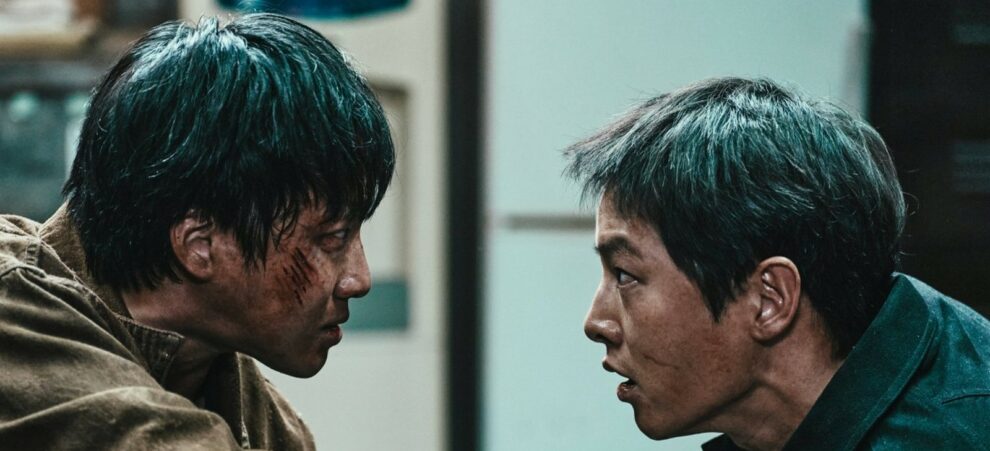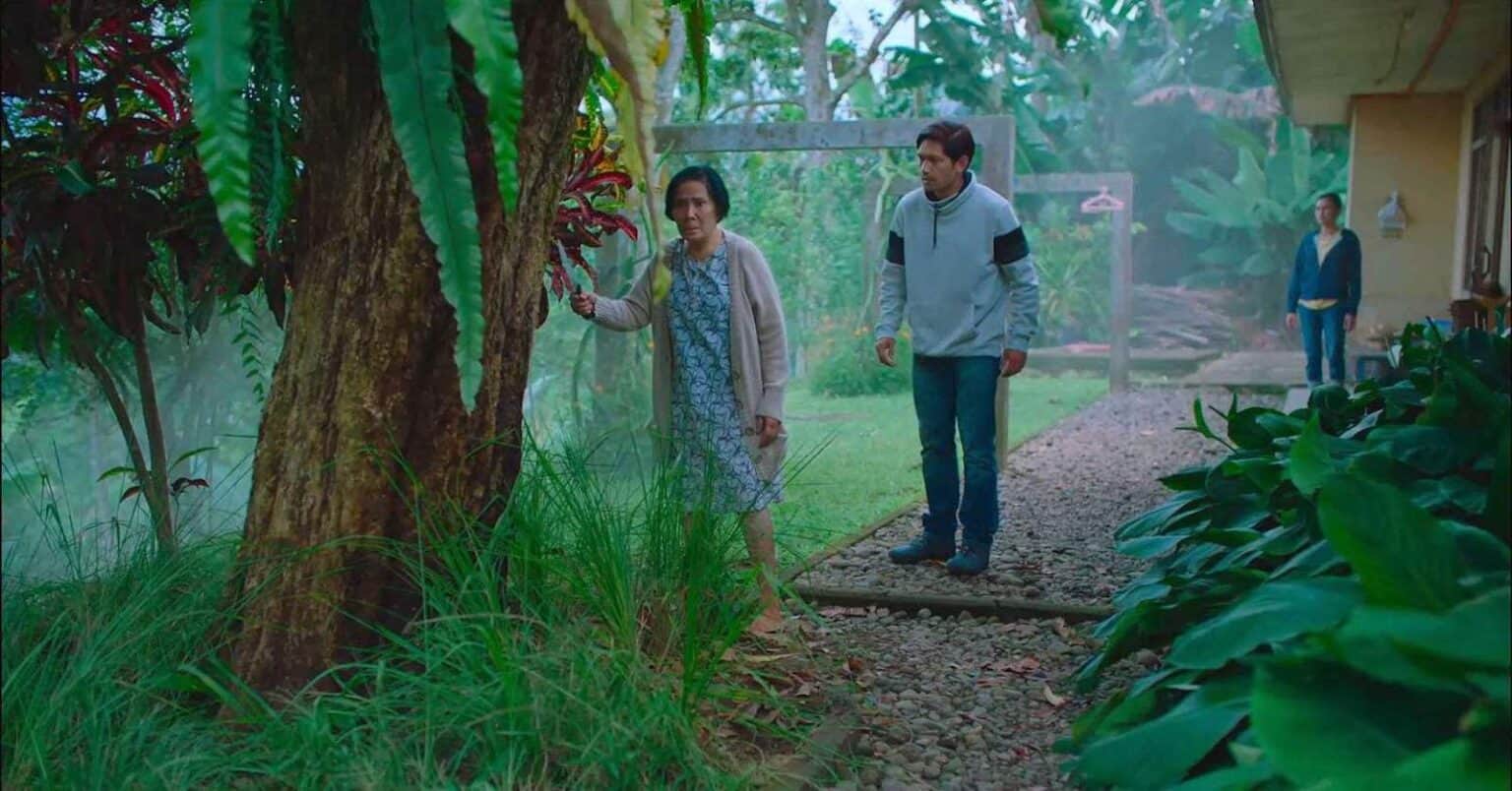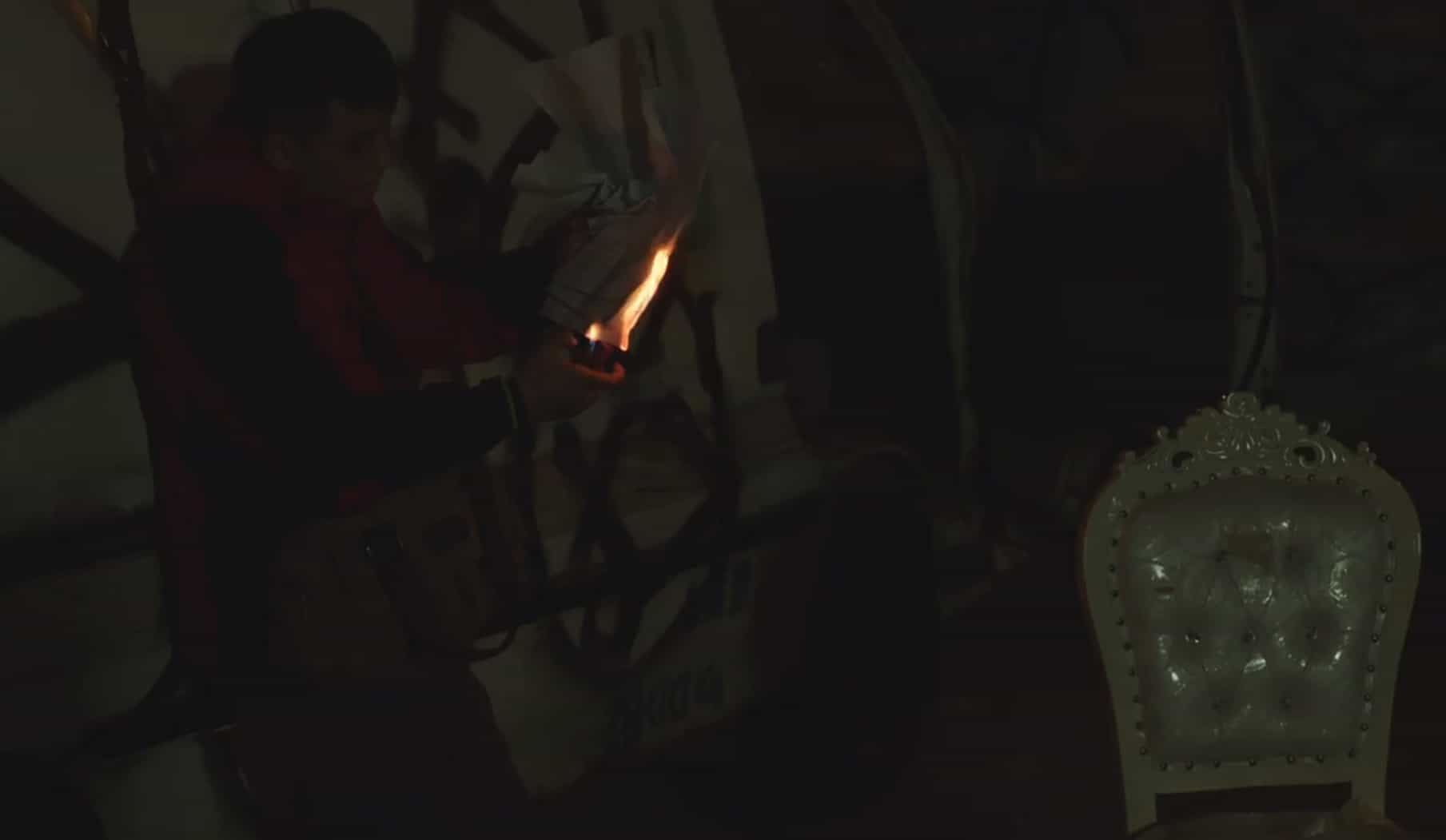by Khushi Jain
17 year old Yeon-gyu bashes open the head of a fellow student in the school playground and thus begins the Korean gangster film “Hopeless.” For his debut, Kim Chang-hoon dips his toes into a dark genre and creates something that respectfully nods to its predecessors. Premiering at the 2023 Cannes Film Festival in the Un Certain Regard section, “Hopeless” is a well-made saga of mob violence.
Hopeless screened at Cannes
Yeon-gyu (Hong Xa-bin) lives in a tiny, tightly packed apartment with his docile mother, abusive alcoholic stepfather and stepsister Hayan (Kim Hyoung-seo “BIBI”). He starts working for a local gangster Chi-geon (Song Joong-ki), mainly stealing bikes and occasionally helping manipulate a political election, so as to earn enough to one day leave the fictional ‘Myeongan City' for Amsterdam (where he believes everyone lives a good life). The world that he willingly enters forcibly sucks him in as he bears witness to, participates in and himself experiences severe brutality.
Check also the interview with the director
The epicenter of the film is the master-apprentice relationship between Chi-geon and Yeon-gyu. Chi-geon is an almost heartless gang leader with a murky but intriguing past. There is evidence of an injury on his ear, which, as the film progresses, is explained as an important moment of character development. His workshop of bikes is simultaneously represented as a quasi-artist's studio, humanizing and shading him in some unexpected colors. Chi-geon develops a soft spot for Yeon-gyu but does not shield him from the misery, pain and torture of the world they now share. For Yeon-gyu, Chi-geon becomes a lesson as well as a foreshadowing of one possible future.
The film's ultimate message is quite conventional: violence begets violence. The root cause of all brutality is desperation born out of extreme deprivation. The sub plot of a peddler and his son is testament to this. Cycles of violence are vicious and the destruction they leave in their wake is never ending. Revenge is established as perhaps one of the most dangerous temptations right in the opening, with Yeon-gyu attacking his classmate.
The film justifies its title by painting an excessively bleak and grim picture of ‘Myeongan City'. There is admirable consistency in the tone and coloring of the plot, which is punctuated by sufficient scenes of gut wrenching violence. Lee Jae-woo's cinematography with Lee Chae-young and Park Il-hyun's production design creates a drab and intense environment; worth mentioning are the film's spaces, particularly Yeon-gyu's cramped and congested home. There is a sense of entrapment in most interiorities, suitable for the general atmosphere of the film and the lives of its characters.
Both Hong Xa-Bin and Song Joong-Ki give fine performances and Kim Chang-Hoon's direction is precise. But the film fails to make an impact. Because character growth is a privilege reserved for Chi-geon, Yeon-gyu's trajectory as the protagonist becomes increasingly frustrating, and all other supporting characters are worn out clichés and equally monolithic. Despite the depressing life that Yeon-gyu leads, there is barely any empathy felt for him, because the script offers no encouragement for connection. Ultimately, poverty of character climaxes into an aimless plot with a weak telos.
A more sophisticated script could have done wonders for it, nevertheless, “Hopeless” is an ambitious debut with lots to appreciate. It is impressive for its thematic representations and world building. Kim Chang-hoon has definitely made a mark with this memorable mob film. His incorporation and treatment of violence is overwhelming but never over-the-top, doing exactly what it is supposed to do: unsettle and disturb.
















